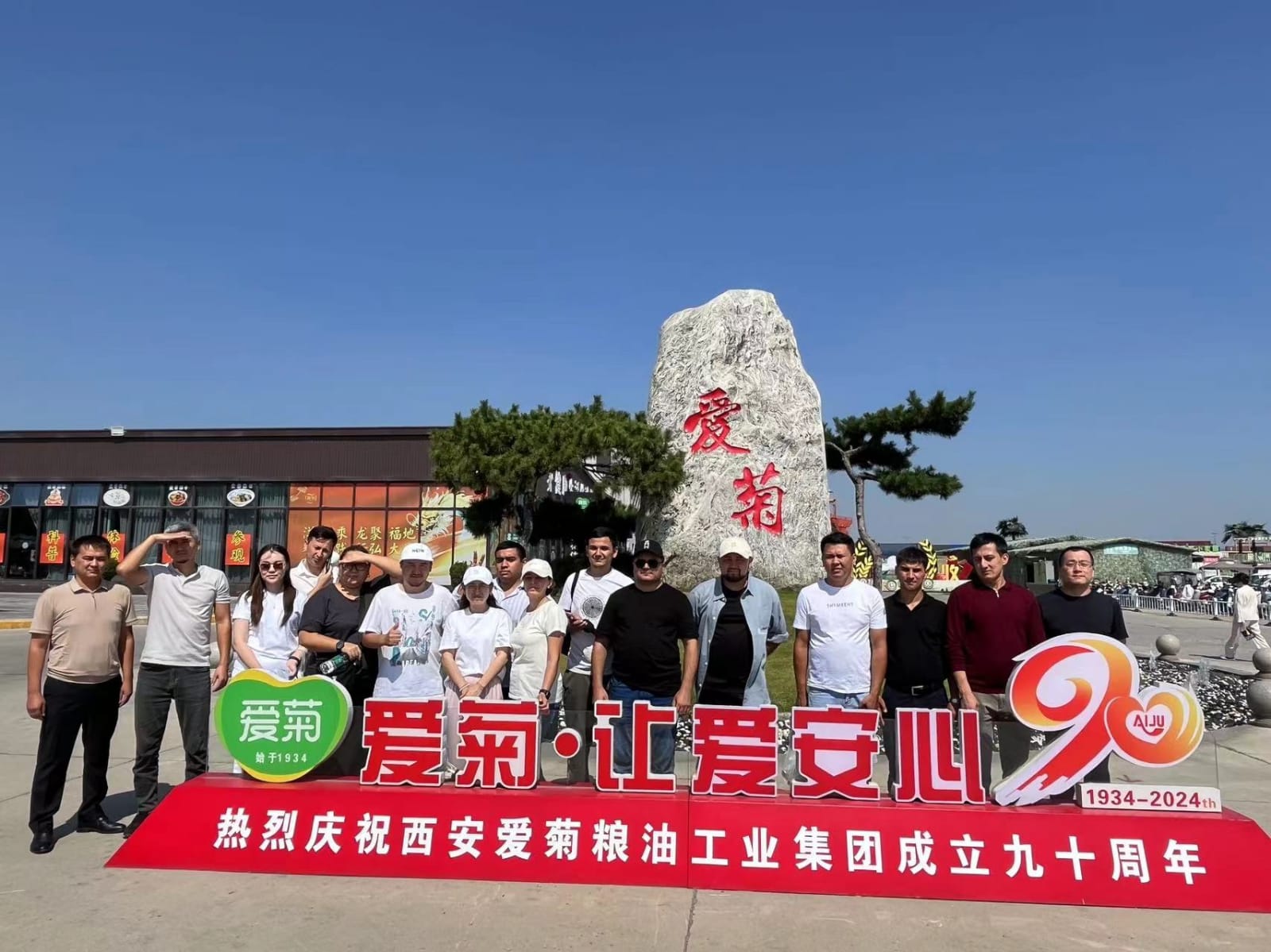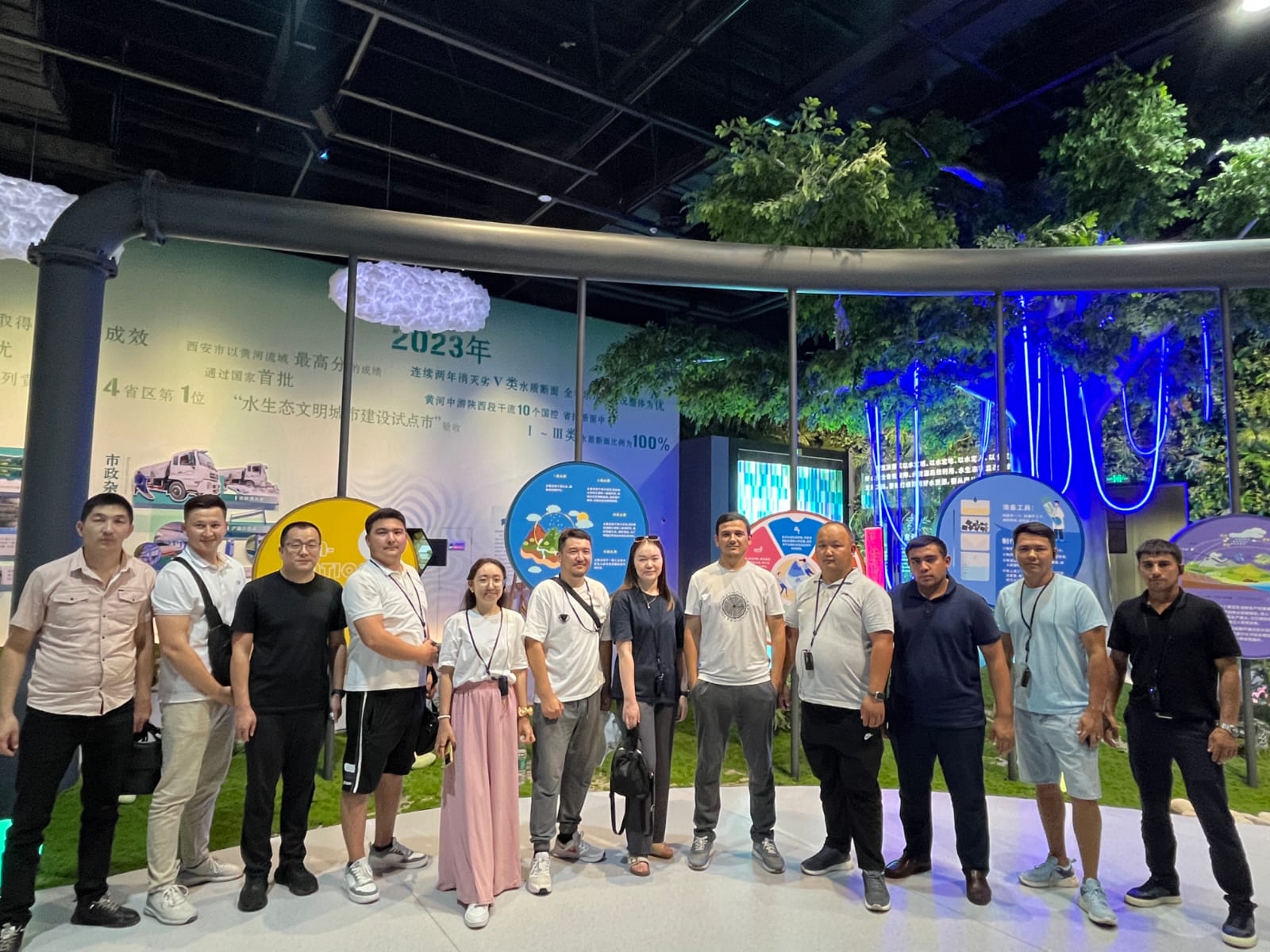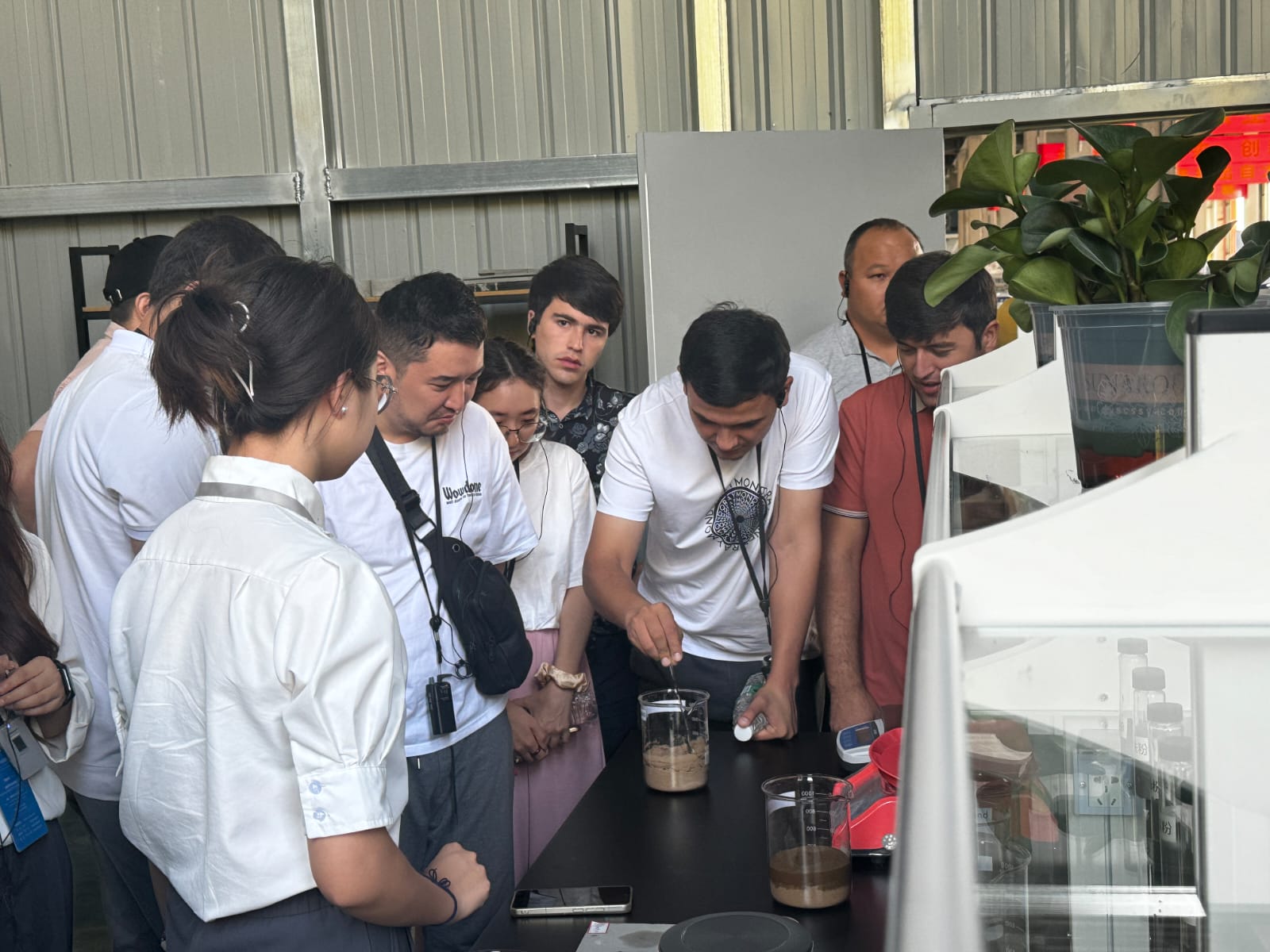
The People's Republic of China, with the assistance of the Secretariat of the Conference on Interaction and Confidence Building Measures in Asia (CICA), held a seminar titled “Smart Agriculture and Agricultural Industry Development” from 5 to 19 September. The two-week training series was organized by the Yangling Agricultural Demonstration Zone (Shaanxi Province, PRC), in partnership with the Northwest A&F University and various local companies.
As the coordinator of the priority area of “Agriculture” within CICA's economic dimension, China has actively fostered dialogue and cooperation with the Member States, regularly conducting practical and engaging skills-building activities.
This year, the event held offline brought together around 20 participants from four Member States: Kazakhstan, Kyrgyzstan, Uzbekistan and Tajikistan.
The seminar's opening ceremony took place on 6 September, during which CICA Deputy Secretary General Zhang Ling delivered a video message to the participants. On behalf of the CICA Secretary General, deep appreciation was expressed to the People's Republic of China for its sustained support for the organization's activities since its inception. Ms. Zhang Ling stressed that in recent years the training seminars conducted by the Chinese side in the field of agriculture have proven to be relevant as demonstrated by the positive feedback received from CICA Member States following similar past events.
The Deputy Secretary General noted that smart agriculture is the future of the farming industry, underscoring its importance in the face of global challenges and threats such as climate change, food security and the water crisis. It was expressed with hope that the educational lectures and field trips organized by Yangling would become a good tradition, contributing to the implementation of the CICA Catalogue of Confidence Building Measures.
The seminar programme included lectures, as well as visits to local educational institutions, industrial facilities and agricultural farms, providing participants with insights into the use of advanced irrigation systems, water-saving technologies in arid regions, modern cultivation facilities, etc. Additionally, participants were treated to a cultural programme that included visits to the cultural and historical landmarks of Shaanxi Province.
At the conclusion of the seminar, participants were awarded certificates from the Ministry of Science and Technology of the People’s Republic of China.

